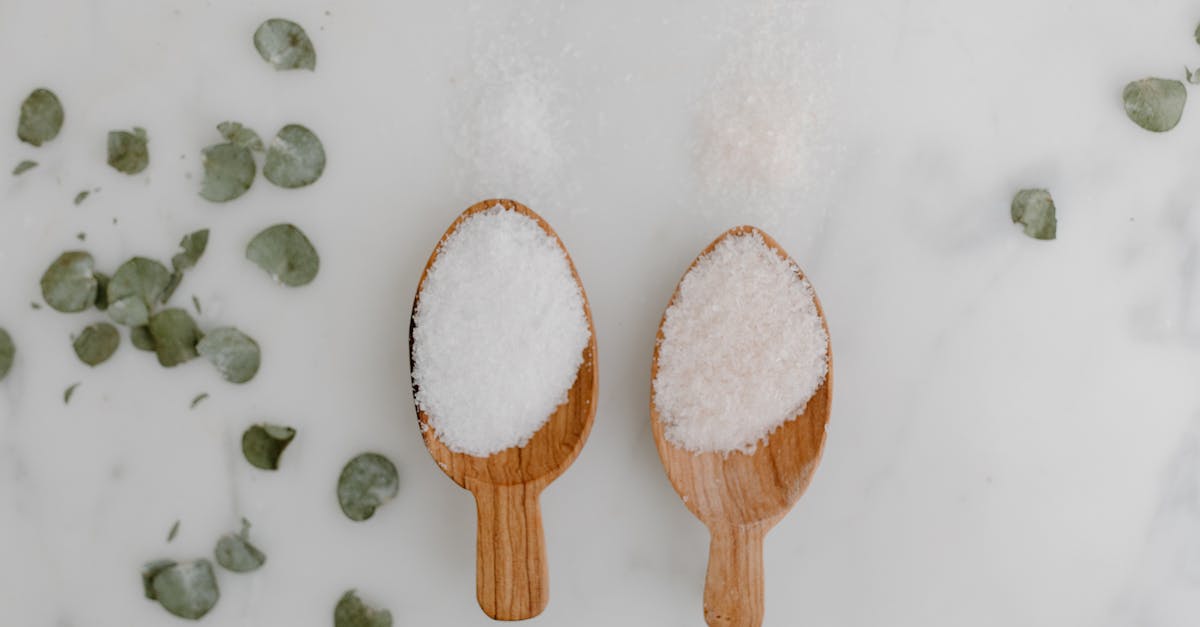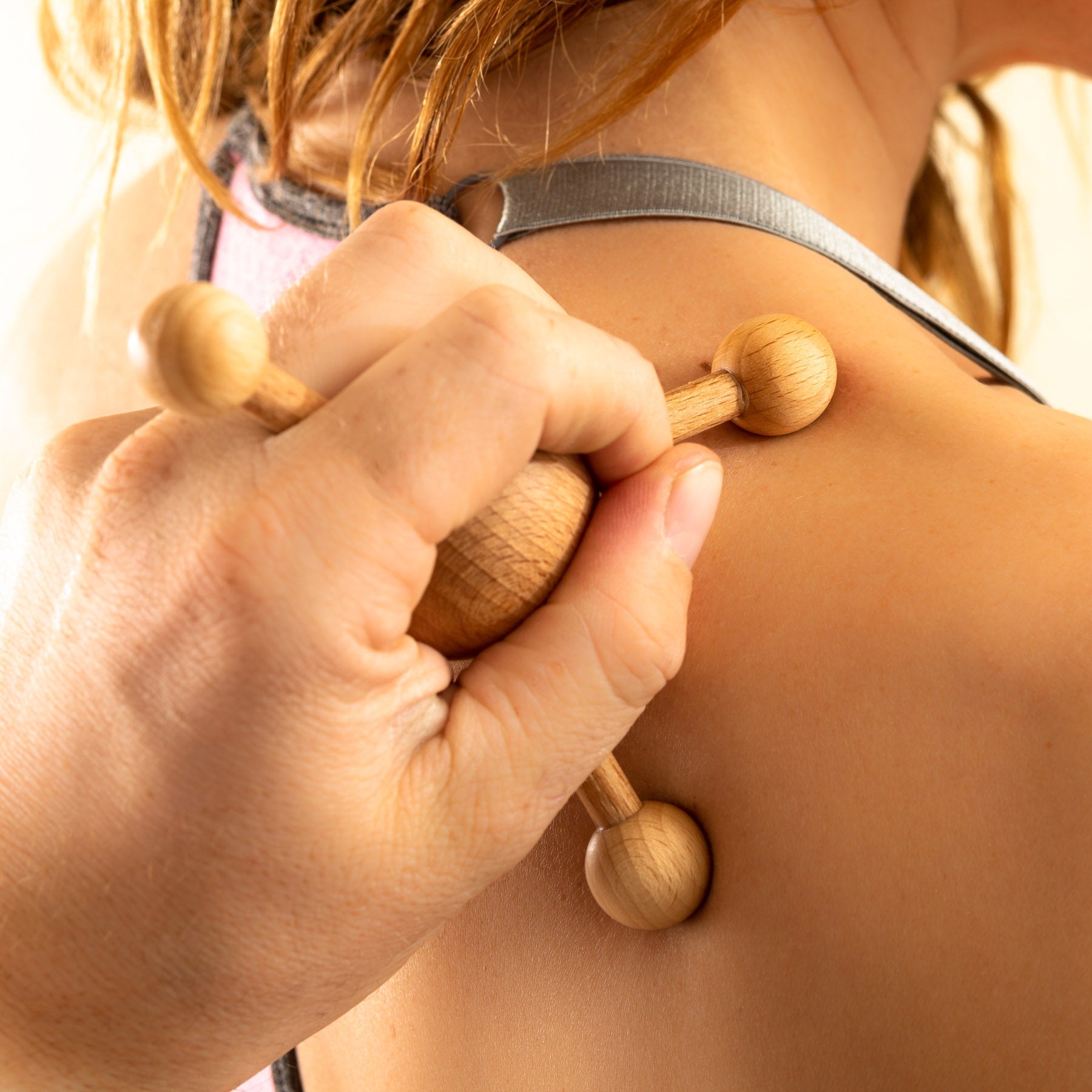Article: How Long Do Wooden Spoons Last? Lifespan, Care Tips & Why Wooden Kitchen Tools Shine

How Long Do Wooden Spoons Last? Lifespan, Care Tips & Why Wooden Kitchen Tools Shine
Wondering how long wooden spoons last? If you love the comfort and beauty of wooden kitchen utensils and want to make them last for years, you're not alone. Let's explore the surprising lifespan of wooden spoons, straight-from-the-workshop care advice, and why these natural tools beat their plastic counterparts every time—plus, story-driven insights from real home kitchens.
How Long Do Wooden Spoons Last?
The primary question—how long do wooden spoons last? With proper care, a high-quality wooden spoon can last anywhere from 5 to even 20 years! Some home cooks even cherish their wooden spoons for decades, passing them down as beloved heirlooms. Unlike flimsy plastic alternatives that warp or snap after a few turns in a hot soup pot, a well-maintained wooden spoon stays strong and functional through countless meals.
The actual lifespan depends on:
- Wood type: Hardwoods like beech and maple are naturally durable and resistant to wear.
- Usage: Daily stirring, mixing, and scraping affect longevity, but high-quality woods handle years of use gracefully.
- Care and maintenance: Proper cleaning and regular oiling greatly extend a wooden spoon's life.
Still, even with some nicks and a gentle patina, wooden spoons rarely need replacing unless they crack or splinter—proof that they truly are a buy-it-for-life kitchen staple.
Benefits of Wooden Kitchen Products Over Plastic or Metal
If you've ever switched from a drawer full of plastic tools to a handful of handcrafted wooden spoons or a sturdy wooden roller, you already know: the difference is more than surface deep. Take Sara, a busy mom who noticed her plastic utensils bending (and sometimes melting) in her favorite pan. After making the switch, she found her wooden spoons not only outperformed the plastics—they felt better in her hands and brought a touch of warmth to every meal she prepared.
- Gentle on cookware: Wooden utensils won’t scratch or damage non-stick surfaces.
- Heat resistance: They stay cool to the touch, unlike metal, and never warp from heat like some plastics.
- No chemical leaching: Wood is non-reactive and free from the chemicals sometimes found in plastics.
- Natural beauty: Each piece is unique, with handcrafted details and lovely natural grains.
The Sustainability Advantage of Wooden Spoons
Sustainable kitchen products are more important today than ever. Imagine this: a single wooden spoon, crafted from responsibly sourced beechwood, provides years of daily service. Now compare that to repeatedly buying (and tossing out) cheap plastic alternatives. Which would you rather leave for the next generation?
We use only sustainably harvested wood for our kitchen utensils, ensuring forests stay healthy and thriving. Our artisans even work with timber from managed sources, where each tree felled is replaced by new planting. Not only does this reduce waste, it keeps your kitchen tools eco-friendly and in harmony with nature.
Step-By-Step: Caring for Wooden Spoons and Kitchen Tools
Ever found one of your beloved spoons drying out or looking a bit rough? With these simple steps, you’ll keep your wooden kitchen products looking and performing their best for years.
- Wash by hand—Never soak! Just use warm water, mild soap, and a gentle scrub. Rinse, then towel dry right away.
- Air dry thoroughly: Lay your spoon out in a dish rack or prop it up to dry evenly.
- Oil regularly: About once a month, rub the surface with food-grade mineral oil or beeswax. This prevents cracks and repels water.
- Avoid dishwasher use: High heat and detergent can warp wood, causing splinters or rapid aging.
Real-life tip? I once forgot to oil my trusty mixing spoon for months. It started to feel rough, but with a little extra care—gentle sanding and two coats of mineral oil—it’s back to its old dependable self.
Handcrafted Details: What Sets Our Wooden Kitchen Products Apart
Every piece we craft tells a story. Our makers pay attention to the smallest details—smooth sanding, comfortable handles, and wood selection for beauty and strength. Spend an afternoon baking cookies or kneading dough with one of our wooden rollers, and you’ll notice the difference. They’re balanced, with just the right heft, and never cling to sticky dough the way silicone sometimes does.
And because each item is slightly different, thanks to nature and handcrafting, it feels like you’re using a one-of-a-kind kitchen heirloom—not a soulless, mass-produced tool.
Different Use Cases: Wooden Kitchen Tools for People
Picture yourself finishing up a long day, ready for a little kitchen therapy. Wooden kitchen products fit seamlessly into every culinary routine—whether you’re sautéing onions for a comforting stew or rolling out pie crust on a Sunday afternoon. For families with young children, wooden spoons are safe for little hands helping with mixing, while the gentle curve of a handmade roller makes baking together a joy.
After the meal, your wooden tools, imbued with memories and perhaps a few floury fingerprints, just need a rinse to be ready—it’s as simple and soothing as the act of cooking itself.
How Often Should You Replace Wooden Spoons?
If cared for, your wooden spoons will last many years—much longer than plastic or silicone. But if you notice any of the following, it’s time for an upgrade:
- Deep cracks or splits appearing
- Wood feels fuzzy or heavily splintered (even after sanding)
- Mold growth in hard-to-clean areas
Most home cooks find themselves replacing a spoon once every decade or so—if that!
Frequently Asked Questions: Wooden Spoons and Kitchen Tools
How do I know if my wooden spoon is unsafe to use?
- If you spot deep cracks, black mold spots, or heavy splinters, it’s best to retire the spoon. Julie, a home baker, discovered her favorite mixing spoon had split down the middle and replaced it for safety—and now uses the old one as a garden marker!
Can I repair a slightly rough or dry wooden spoon?
- Yes. Gently sand with fine-grit sandpaper and re-oil. Many customers extend the life of their spoons this way, turning a seasoned tool into something smooth and lovely again.
Why is it better to avoid dishwashers with wooden utensils?
- Dishwashers use harsh heat and detergents that can dry, warp, or crack wood. Lisa, who learned the hard way, switched to hand-washing and has kept her utensils pristine ever since.
What oil should I use to condition wooden spoons?
- Choose food-grade mineral oil or beeswax. Highly scented or vegetable oils can go rancid, so stick with the classics for a fresh, safe finish.
Is it normal for wooden spoons to darken over time?
- Yes, a deepening color is part of their natural aging. Many cooks love this character—it’s your kitchen’s story told in wood grain and well-loved handles.
How do sustainable wooden spoons help the environment?
- They’re crafted from renewable trees (often with one planted for every one harvested), keep plastics out of landfills, and last so long you’ll buy fewer replacements over time.


